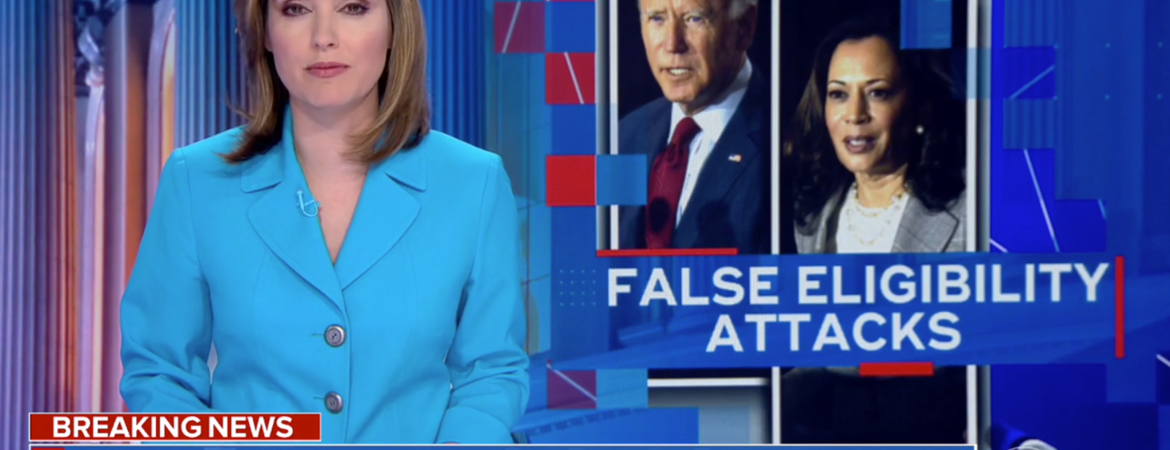Center for Social Innovation

Kamala Harris' vice presidential candidacy is a litany of firsts. She is the first Black vice presidential candidate and first Asian American candidate on a presidential ticket of either party. While Harris' identity as a Black woman is well-known, less attention is paid to her Asian American identity.
Harris' background may appeal to Asian American voters, who, according to the Pew Research Center, are the fastest growing demographic of eligible voters out of the major racial and ethnic groups in the United States. The 2016 post-election National Asian American Survey found that 1.1 million new Asian American voters cast a ballot in the last election.
Indian Americans have voted Democratic in the past. In 2016, 69% of Asian Americans as a whole voted for Hillary Clinton, while 77% of Indian Americans voted for Clinton, according to NAAS. In 2018, 50% of Indian Americans identified themselves as Democrats, according to AAPI Data, which provides demographic data on Asian Americans and Pacific Islanders.
"I think even before the Harris pick, Asian Americans were probably going to be on track for record increases in voter turnout," said Karthick Ramakrishnan, professor of public policy and political science at the University of California, Riverside, and director of the National Asian American Survey. Concerns about COVID-19 has led researchers to wonder whether voter participation will be lower this year, Ramakrishnan told CBS News, but Biden's choice of Harris was likely to further inspire Asian American voters.
"I think the Harris nomination will very likely increase turnout in the Asian American population, and particularly among young Asian-Americans and even more so Indian-Americans," Ramakrishnan said.
Ramakrishnan also noted that many key swing states in the 2020 election have high Asian-American and Indian-American populations. In Texas, 795,600 eligible voters make up 5.5% of the state's electorate. Out of that population, 161,326 are Indian American, according to AAPI Data. Asian Americans comprise 5.7% of the electorate in Minnesota, 4.7% in Georgia, 4.6% in Arizona and 3.7% in Florida.
The 2018 Asian American Voter Survey, conducted by AAPI Data and APIA Vote, found that an increase in Asian American candidates was the main factor in the increase of civic participation by Asian American voters that year.
However, Ramakrishnan said that Trump administration policies to limit immigration, particularly the H1-B visa, could turn off Indian-American voters. Ramakrishnan predicted that "whatever headway" the Trump campaign might have made with Indian-American voters would likely be counteracted by Biden's choice of Harris as a running mate.
Ramakrishnan said that Harris' nomination would likely be "a net advantage for Democrats for many of these battleground states." She could also attract more young Asian-American voters, a key constituency. As Asian Americans and Indian Americans already lean Democratic, Ramakrishnan said Harris' candidacy led to an "acceleration of some trends that were already underway."